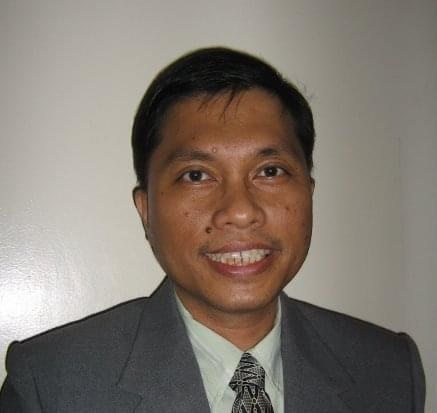OBLIQUE OBSERVATIONS
By Atty. Gilberto Lauengco, J.D.
MSMEs, RCEP, BTS ME
Share
“Supporting another person’s success won’t ever dampen yours” – We Buy Small
This week, about a thousand owners of micro, small and medium enterprises (MSMEs) gathered in Cabanatuan City to launch the city’s chapter of the MSME NGO group, “Basta Tayo Sama Sama sa Micro/Medium/Small Enterprises” or BTS ME. The event’s main goal was to organize the said sector in that city and launch capacity building activities. BTS ME and other NGO’s like this have been conducting these sessions for the past few years. In addition to capacity building and giving information and access to financing and other assistance, BTS ME has been loaning start-up capital to deserving individuals at zero interest. The group’s only request is that the successful businesses pay it forward and help others.
MSMEs account for more than 90 percent of the businesses in the Philippines. They are an integral part of our economy and society. They provide livelihood to many especially the poor, women, youth and groups in vulnerable situation. During the height of the pandemic, several Filipinos who lost their jobs or were forced to work for less turned to MSMEs to augment their income.
On June 2, 2023, the Regional Comprehensive Economic Partnership (RCEP) Free Trade Agreement will enter into force in our country. The full implementation of RCEP in our country will open up new opportunities for our MSME’s especially in the value chain. As a Free Trade Agreement that eliminates trade barriers, the RCEP in theory will allow our MSME’s to access potentially 2.3 billion new customers or end users across the member countries. To be competitive under the RCEP regime, however, our MSME’s will have to upgrade especially in terms of connectivity.
It is unfortunate that MSMEs still face several financial and non-financial challenges. MSME’s still need more access to: a) finance and capital, b) capacity building opportunities, and c) relevant new technology. In some local governments and even agencies, MSMEs face a plethora of requirements and paperwork to be allowed to ply their trade.
There are now several government programs in place designed to help MSMEs. There are online and onsite capacity building session continuously being conducted by DTI. There are also finance access programs conducted by the DTI and even by the DSWD (and expansion and next phase upgrade of their 4Ps program). Many progressive local governments are also expanding their assistance to MSMEs.
As I have always stated, government cannot do it alone. There are several initiatives by both big business and small and medium non-government organizations across the country. Still, these are not enough.
In Taiwan, many of the big businesses started out as MSMEs. Without access to formal financial institutions, communities engaged in community lending programs and even accessed international organizations for needed capital and capacity. Government pitched in by simplifying rules and processes for businesses. It was a nationwide and community based effort.
We have several successful entrepreneurs, freelance and retired professionals in our country with skill sets and the time that can be used to help our MSMEs. Small donations of even time and effort can go a long way. Eventually, it is logical for businessmen to help more people increase their earning capacity because it increases the consumer base.
For our barangay officials and even local officials preparing for the next round of elections, perhaps, it is time to consider the potent influence of the MSMEs in their constituency. Simplifying the business registration process and other relevant regulations will go a long way in endearing yourselves to this sector. MSMEs are in fact a powerful group in campaigns when used properly.
In the end, capacitating and assisting our MSMEs is a win-win scenario for everybody.
Comments
About the Columnist

ATTY. GILBERTO LAUENGCO, J.D. is a lawyer, educator, political strategist, government consultant, Lego enthusiast, and the director of CAER Think Tank. He is a Former Vice Chairman of MECO, Special Assistant of NFA and City Administrator among others. His broad experience has molded his unique approach to issues analysis which he calls the oblique observation.
